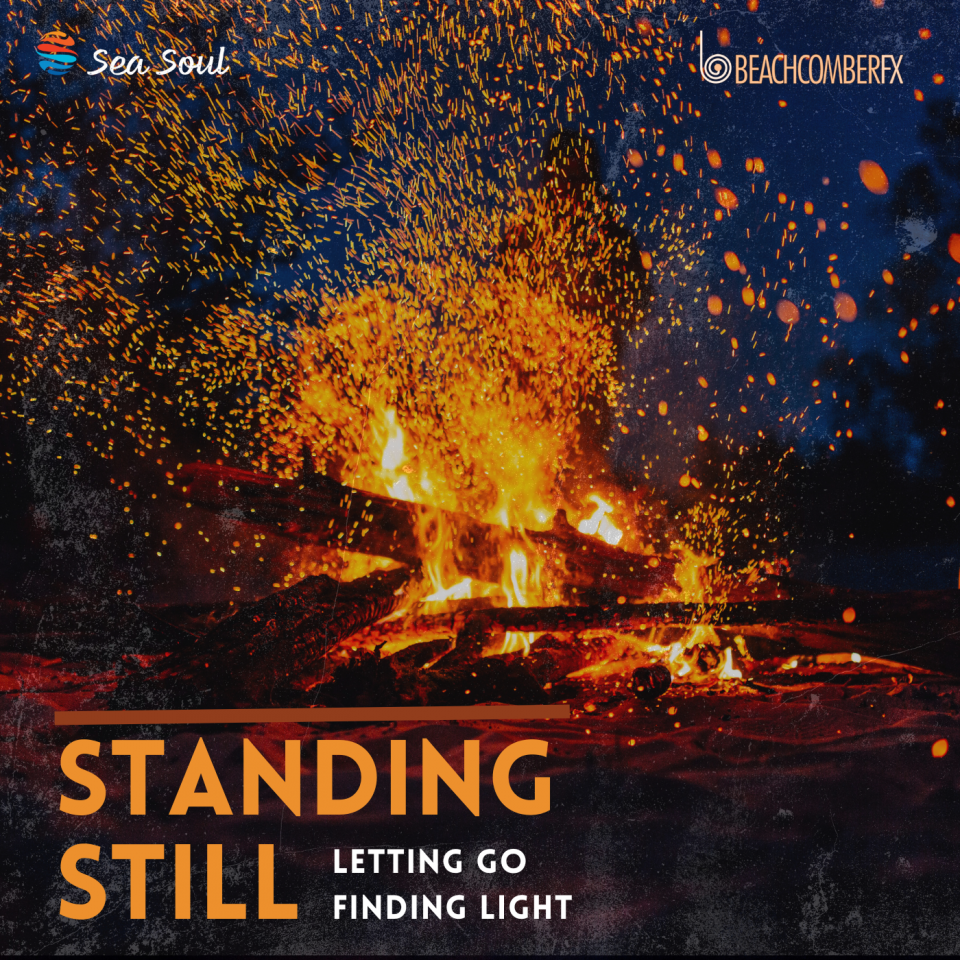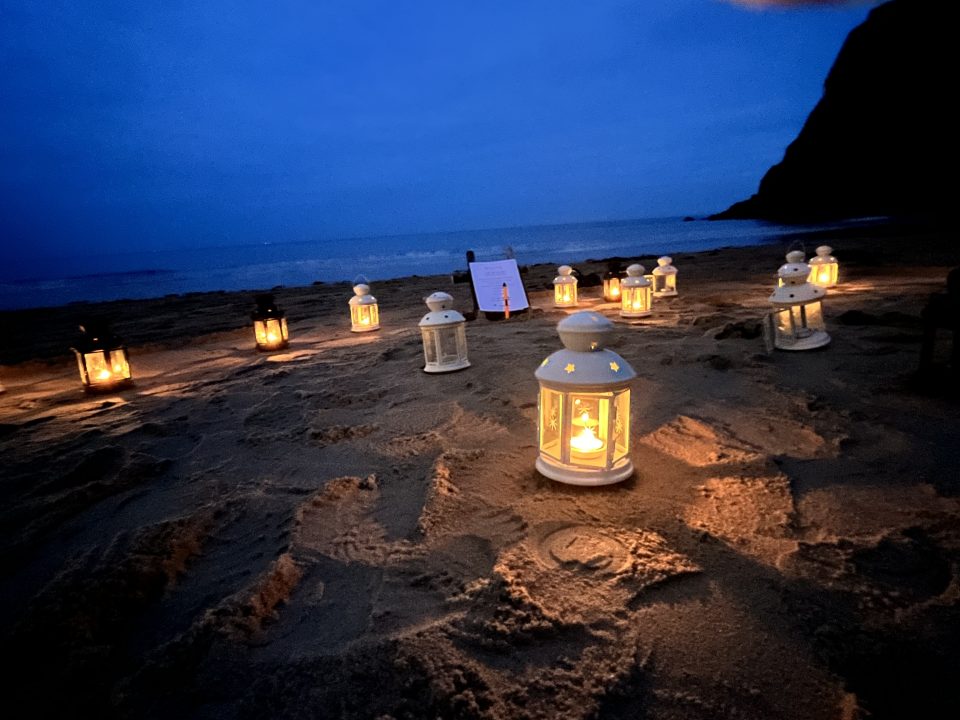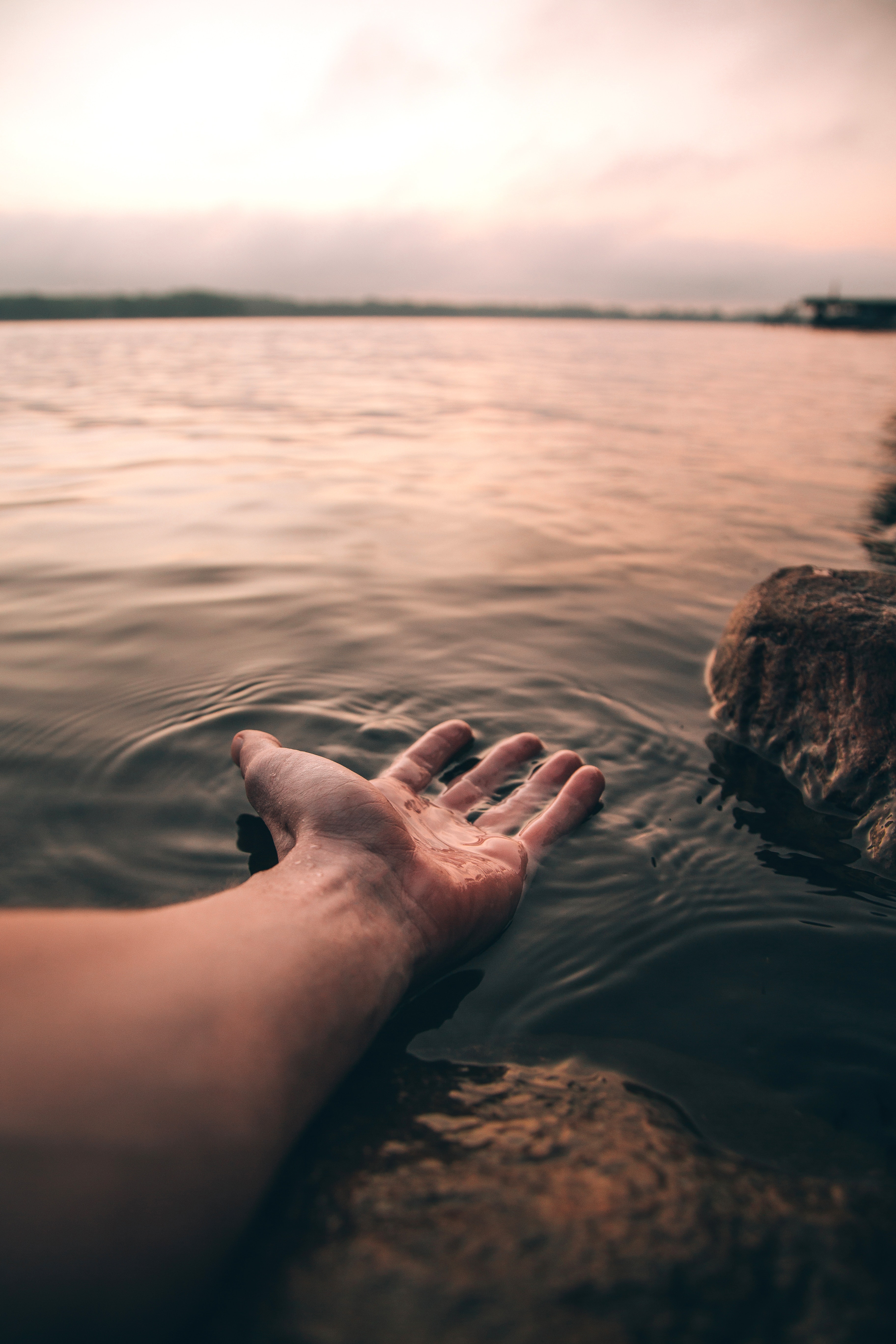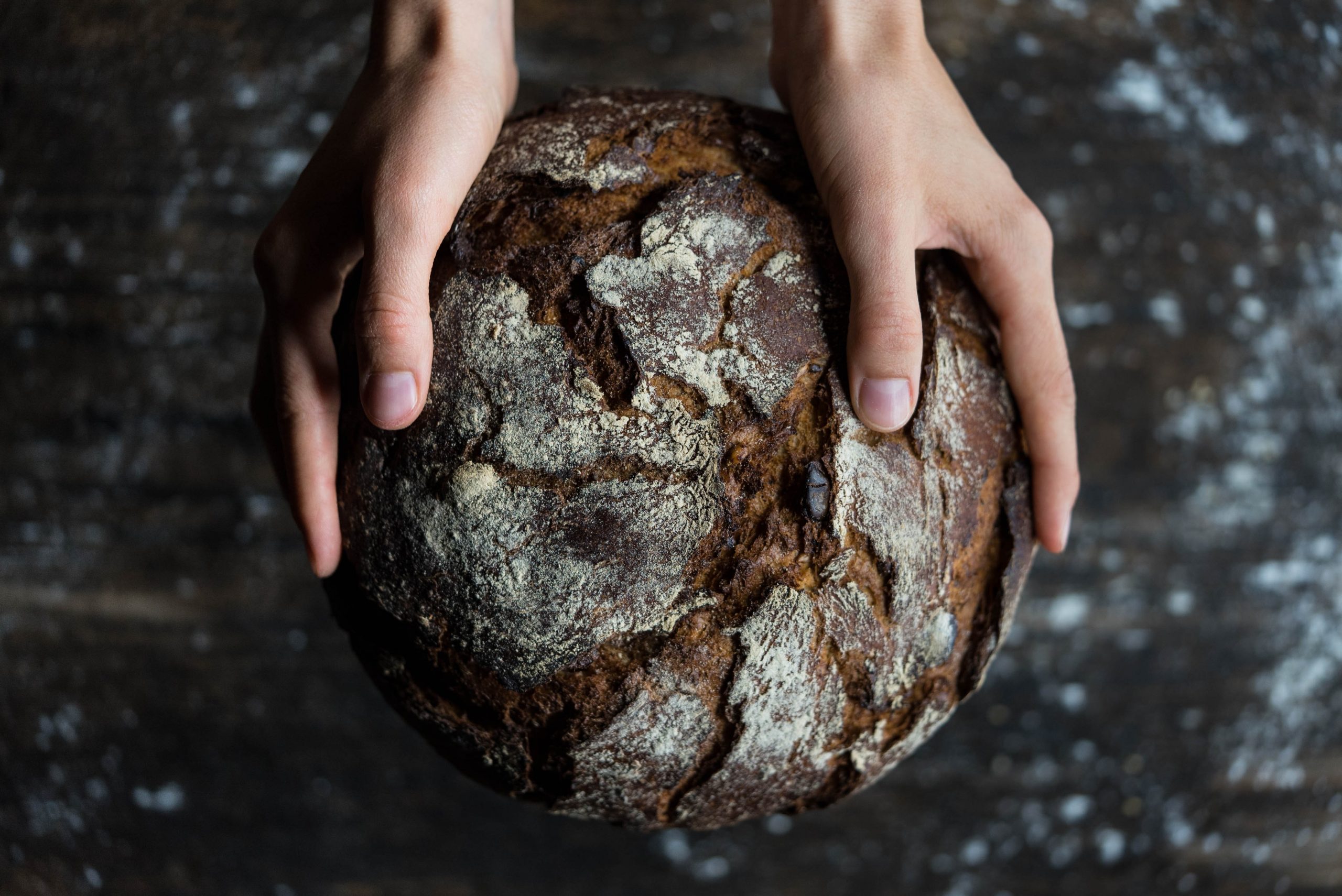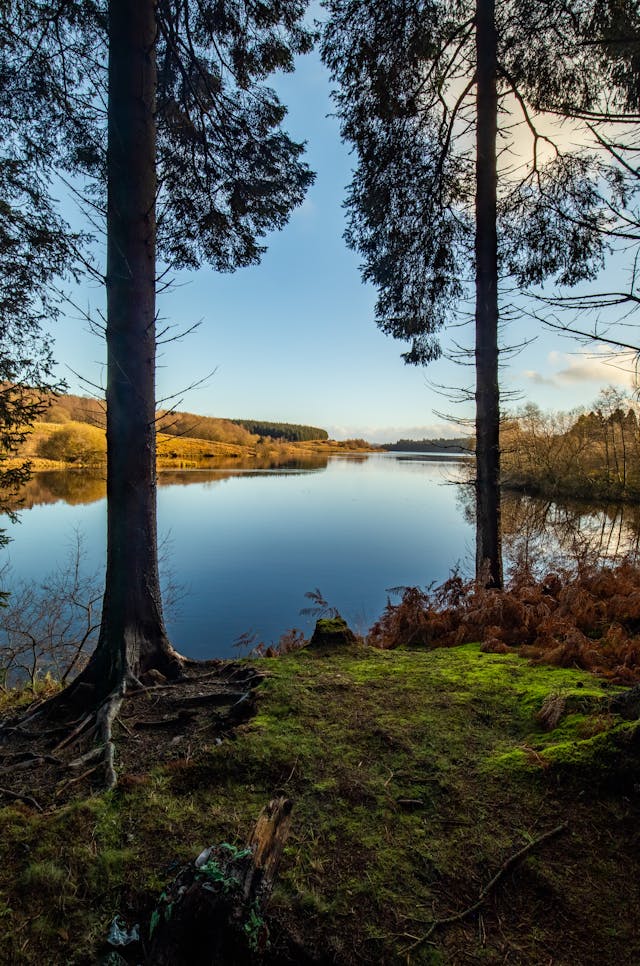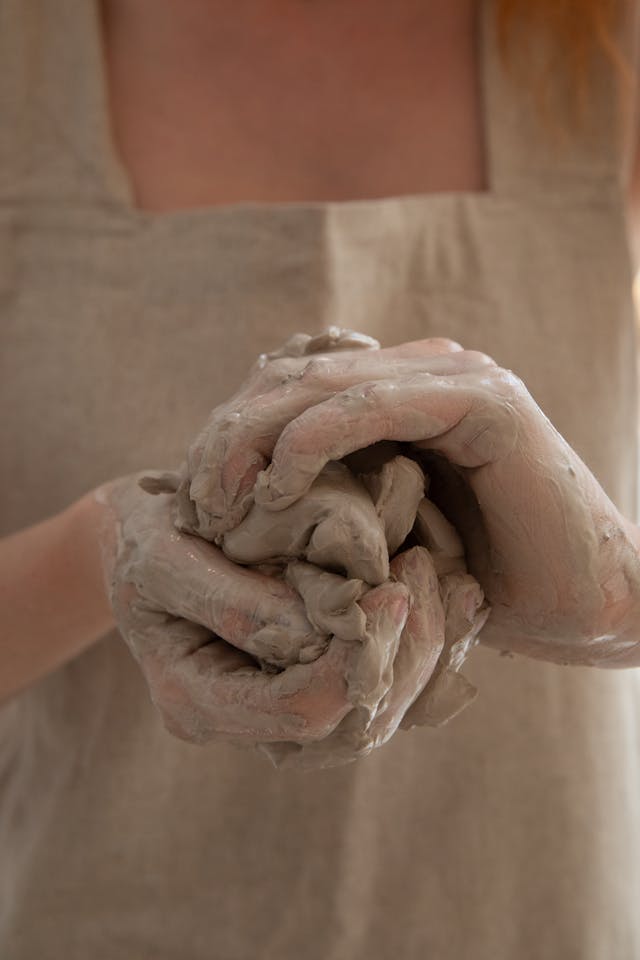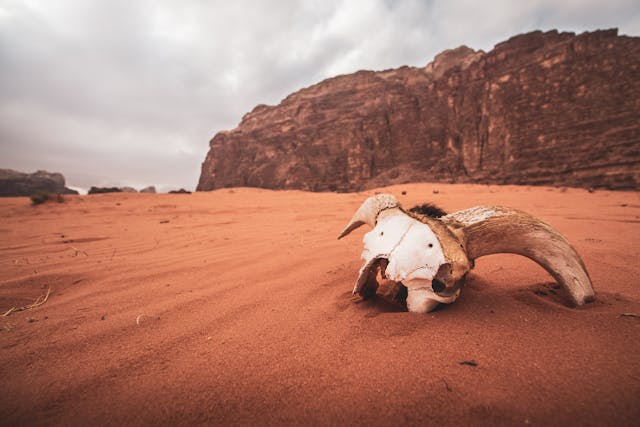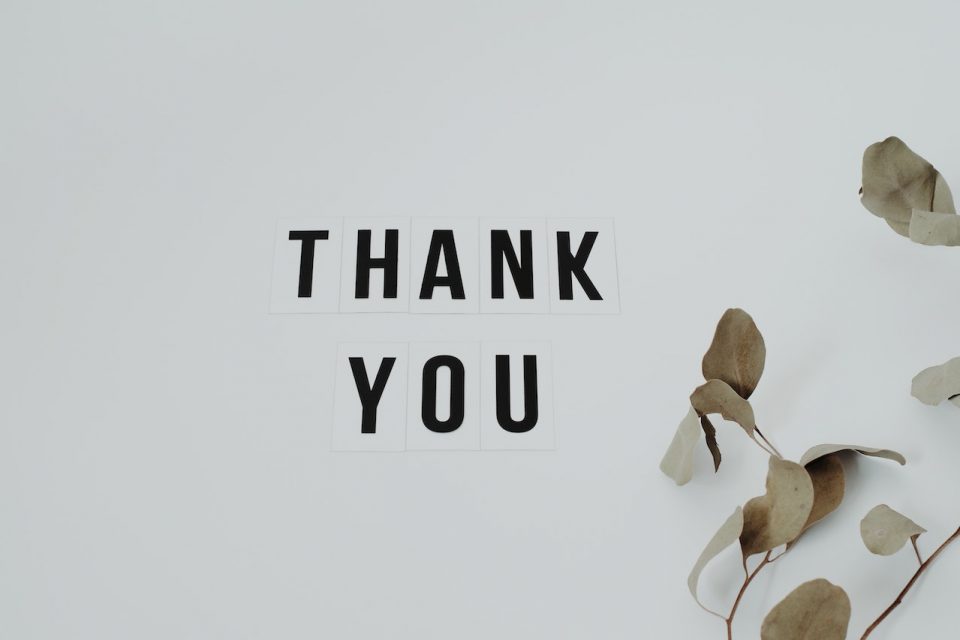Standing Still information Liturgy David WyndHas been a part of BeachcomberFX since his arrival in the North East in 2014. He is well travelled (at least in the UK) having lived in Manchester, Nottingham, Derbyshire, Southport, Doncaster, Berwick and Edinburgh. Supporter of Newcastle United, will watch any sport. www.anotherpath.co.uk
Dusking
Dusking 2024 info Liturgy David WyndHas been a part of BeachcomberFX since his arrival in the North East in 2014. He is well travelled (at least in the UK) having lived in Manchester, Nottingham, Derbyshire, Southport, Doncaster, Berwick and Edinburgh. Supporter of Newcastle United, will watch any sport. www.anotherpath.co.uk
Signs of Wonder
Signs of Wonder : A BeachcomberFX Work of the People Liturgy David WyndHas been a part of BeachcomberFX since his arrival in the North East in 2014. He is well travelled (at least in the UK) having lived in Manchester, Nottingham, Derbyshire, Southport, Doncaster, Berwick and Edinburgh. Supporter of Newcastle United, will watch any sport. www.anotherpath.co.uk
Signs of Grace
Signs of Grace : A BeachcomberFX Work of the People Liturgy David WyndHas been a part of BeachcomberFX since his arrival in the North East in 2014. He is well travelled (at least in the UK) having lived in Manchester, Nottingham, Derbyshire, Southport, Doncaster, Berwick and Edinburgh. Supporter of Newcastle United, will watch any sport. www.anotherpath.co.uk
Kielder forest meditation
Flashback to last February’s forest walk: We walked through Briarbanks Wood, an ancient area of mixed deciduous woodland. Remember the wood wide web- the network of roots and fungi used by the trees to communicate with each other, share information and move nutrient around? The trees formed a community, who not only lived together but shared things together and supported each …
An Invitation to be Part of the Creation Conversation
William P Brown, in his book The Seven Pillars of Creation, notes that there are at least seven creation narratives in the Hebrew Bible (the Old Testament). If you asked most people how many creation narratives existed in the bible they would say one. Some who have read into Genesis 2 would tell you that there are maybe two. …
It cam upon a midnight clear : Advent 1
We are meeting at the Enigma Tap tonight at 7:30pm Today we start our advent theme and each week we will introduce a verse of the carol It Came Upon a Midnight Clear a Haiku written by Rob and a reflection. This moon shines over earth it even laments for peace but is clothed in cloud Welcome to our first advent …
Bring on the Sacrifice
Over the last few months we have been reflecting on books, films, music and other things that has inspired or challenged us. Well over the past few weeks all I have done is consume vast amounts of material on the book of Leviticus. I am afraid that is what you are going to get here. Bring on the sacrifice! A …
Eric
We are meeting at the Sea View Lounge at the Crescent Club again at 7:30pm. This is because it doesn’t have a TV so it should be quieter up there as any venue with a television that is showing the game will be very busy. Depending on how well/poorly England play there may be some late comers but hopefully we …
A Question of Thanksgiving
If you are joining us tonight then we will be at The Quarry at 7:30pm tonight. I went to an awards ceremony last night. I had been nominated along with some others for an award as part of the Northumberland FA’s Grassroots football awards. I sat in a room with a 100 or so people and 22 awards were handed …
